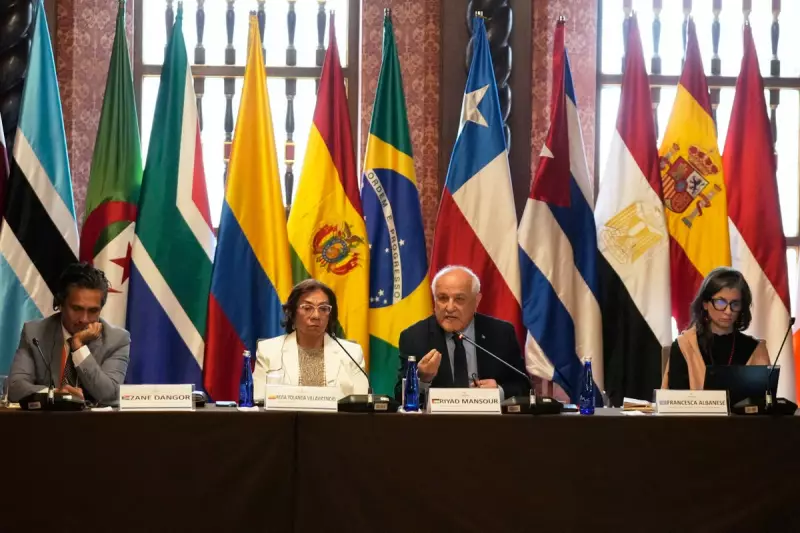
The question of Palestine's statehood remains a contentious issue in international diplomacy, with legal scholars and policymakers divided over whether it meets the criteria set by the 1933 Montevideo Convention on the Rights and Duties of States.
The Montevideo Convention: A Legal Framework
According to the Montevideo Convention, a sovereign state must possess four key attributes: a permanent population, a defined territory, a government, and the capacity to enter into relations with other states. While Palestine has made significant strides in some areas, its statehood claims remain contested.
Population and Territory
Palestine undeniably has a permanent population, with millions identifying as Palestinian across Gaza, the West Bank, and diaspora communities. However, its territorial boundaries remain disputed, particularly following Israel's occupation of Palestinian lands since 1967.
Government and International Relations
The Palestinian Authority exercises limited self-governance in parts of the West Bank, while Hamas controls Gaza. This political division weakens claims of a unified government. Nevertheless, Palestine has been recognized by 139 UN member states and gained non-member observer state status at the UN in 2012.
The Ongoing Challenges
Despite these recognitions, Palestine's path to full sovereignty faces significant obstacles:
- Continued Israeli occupation and settlement expansion
- Lack of control over borders and airspace
- Dependence on international aid
- Political division between Fatah and Hamas
The recent conflict in Gaza has further complicated matters, with Israel arguing that Palestine lacks effective control over its territory - a key requirement under the Montevideo Convention.
International Perspectives
While many nations support Palestinian statehood in principle, major powers like the United States maintain that statehood should result from negotiations with Israel. This position leaves Palestine in a diplomatic limbo, recognized by many but unable to exercise full sovereignty.
The debate over Palestine's statehood continues to highlight the complexities of international law and the political realities of the Middle East conflict.





